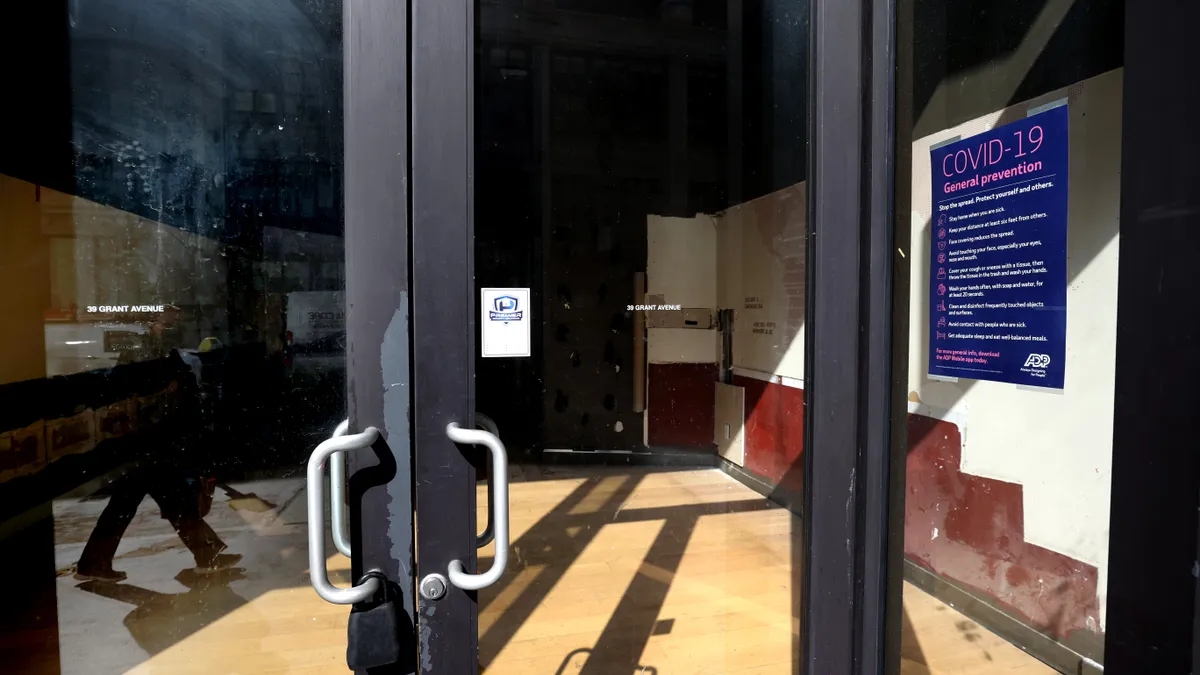The National Labor Relations Board widened the scope of what workplace behavior is considered protected activity in a decision issued Thursday.
In Miller Plastic Products, Inc., the board ruled that the plastic storage products manufacturer violated the National Labor Relations Act by firing an employee who publicly questioned the company’s COVID-19 protocols and its move to remain open in March 2020 when Pennsylvania ordered nonessential businesses to close.
With the decision, the Democratic majority also reversed a Trump-era ruling, Alstate Maintenance LLC, that “established an unduly restrictive test” for what constitutes concerted activity by adopting “a checklist of factors that imposed significant and unwarranted restrictions,” according to the agency’s decision.
Miller Plastic Products reaffirms a 1986 ruling, Meyers Industries, which established that “the question of whether an employee has engaged in concerted activity is a factual one based on the totality of the record evidence,” NLRB said.
“The right of employees to engage in concerted activity to improve their working conditions is central to the National Labor Relations Act,” NLRB Chair Lauren McFerran said in a statement Thursday “The Board should not artificially constrain the definition of concerted activity, as the Alstate Maintenance decision did. By returning to the board’s traditional approach, we better protect employees who seek to improve their working conditions.”
McFerran and members David Prouty and Gynne Wilcox formed the majority in the decision, which was dated Aug. 25 — two days before Wilcox’s term ended. Marvin Kaplan, the board’s lone Republican, agreed that the behavior at issue in Miller Plastic Products was concerted activity and therefore protected, but disagreed with the board’s decision to overturn Alstate Maintenance.
The decision comes amid a flurry of action by the labor board in recent weeks. Most recently, the board on Wednesday established a new standard that prevents employers from unilaterally changing terms of work without bargaining with unions. In two Aug. 26 decisions — Wendt Corporation and Tecnocap LLC — NLRB overruled Raytheon Network Centric Systems, a Trump-era ruling that gave companies more leeway in making workplace changes during negotiations for a first contract or while bargaining for a new contract after the expiration of an existing one.














